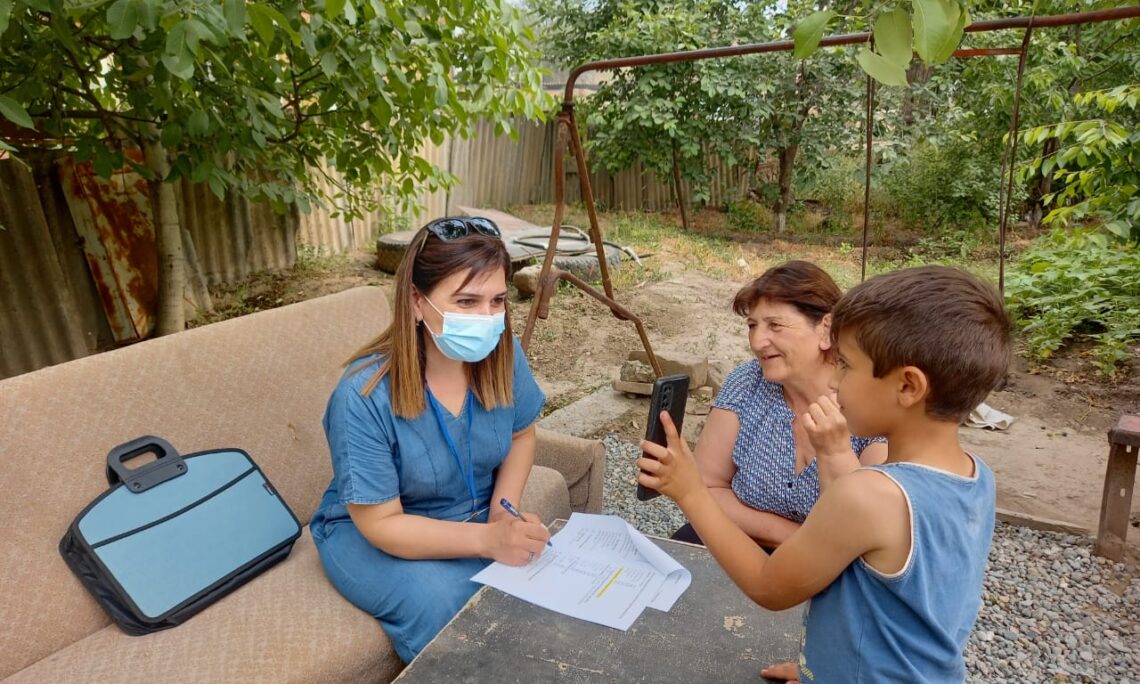Biotechnology is a field at the forefront of innovation, blending biology and technology to address some of humanity’s most pressing challenges. From developing life-saving medicines to advancing sustainable agriculture and tackling environmental concerns, biotechnology offers limitless opportunities. For those passionate about biology and technology, pursuing a Bachelor of Biomedical Science could be an ideal starting point to prepare for diverse roles in this dynamic industry.
The Connection Between Biomedical Science and Biotechnology
Biomedical science is an interdisciplinary field that forms the foundation for biotechnology roles. It provides the essential knowledge of human biology, genetics, molecular biology, and biochemistry—disciplines that are central to biotechnology’s applications. A Bachelor of Biomedical Science program equips students with theoretical expertise and practical lab skills, emphasizing problem-solving and innovation. These traits are indispensable in biotechnology, a sector that thrives on addressing complex issues through cutting-edge solutions.
Why Choose a Bachelor of Biomedical Science for Biotechnology?
Strong Foundational Knowledge
Students pursuing a Bachelor of Biomedical Science gain a strong understanding of biological systems and their applications. Many courses cover subjects like cell biology, immunology, and microbiology, which are directly relevant to biotechnology. This foundational knowledge helps students comprehend the intricacies of genetic engineering, bioprocessing, and molecular diagnostics—fields that are integral to biotechnology.
Practical Laboratory Skills
Biotechnology is deeply reliant on practical lab work and problem-solving. Bachelor of Biomedical Science programs emphasize developing essential laboratory skills. Students learn techniques such as polymerase chain reaction (PCR), cell culturing, gene editing, and bioinformatics. These competencies make graduates industry-ready, opening doors to high-demand laboratory roles in biotechnology firms.
Focus on Innovation
Biomedical science students are often encouraged to think creatively and solve real-world problems through research projects and case studies. This emphasis on innovation aligns with biotechnology’s focus on harnessing technology to create biological advancements. Whether it’s developing new vaccines, improving food security, or finding eco-friendly industrial solutions, biotechnology requires a problem-solving mindset fostered during a biomedical science degree.
Broad Career Options
Graduates of biomedical science are well-equipped for a variety of roles within the biotechnology industry. These could include positions in pharmaceutical research, agricultural biotechnology, genetics, and clinical diagnostics. The skills gained are highly transferable, making graduates versatile and adaptable in an industry that values multi-disciplinary knowledge.
Career Opportunities for Biomedical Science Graduates in Biotechnology
Research and Development
One of the most promising career paths for biomedical science graduates in biotechnology is research and development. Professionals in this field work on creating and testing new products, whether it’s finding groundbreaking treatments for diseases or engineering genetically modified crops to withstand environmental challenges.
Quality Assurance and Control
Another critical role in biotechnology is ensuring that products meet stringent quality standards. Biomedical science graduates can work in quality assurance and quality control, ensuring compliance with safety regulations and the highest industry standards.
Bioinformatics and Data Analysis
Modern biotechnology relies on data-driven decisions. That’s why bioinformatics and computational biology are growing fields within the sector. Biomedical science graduates equipped with quantitative skills and data analytics capabilities are perfectly suited to tackle challenges in genomics, protein modeling, and drug discovery.
Clinical Trials and Regulatory Affairs
Bringing a biotechnology product to market involves rigorous clinical trials and adherence to regulatory requirements. Biomedical science graduates can find fulfilling careers in regulatory affairs, guiding products through approval pipelines, and managing clinical trial design and implementation.




